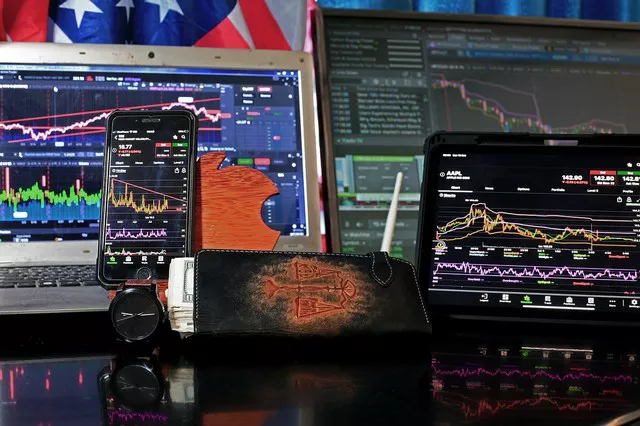Coffee is not just a morning ritual; it’s a global commodity that fuels economies and livelihoods around the world. Behind that steaming cup lies a complex network of producers, distributors, and consumers, all interconnected through the global marketplace. One crucial aspect of this market is coffee futures trading, which plays a significant role in managing risk and determining prices for this beloved beverage. In this article, we will delve into the intricacies of coffee futures, exploring what they are, how they work, and why they matter in the world of economics and finance.
What Are Coffee Futures?
At its core, a futures contract is a legally binding agreement to buy or sell a specific quantity of a commodity at a predetermined price on a specified future date. Coffee futures operate in the same manner, except they specifically deal with coffee as the underlying asset. These contracts are standardized and traded on futures exchanges, such as the Intercontinental Exchange (ICE) or the New York Mercantile Exchange (NYMEX).
The Mechanics of Coffee Futures Trading
Coffee futures are traded in contracts that represent a standardized amount of coffee, typically 37,500 pounds. These contracts have specific delivery months, such as March, May, July, September, and December, allowing traders to plan their positions accordingly.
See Also: Where is the futures market?
One key concept in futures trading is leverage. Traders are required to put up only a fraction of the contract’s value, known as the margin, to initiate a position. This allows for magnified gains (and losses) relative to the initial investment. However, it’s important to note that futures trading carries inherent risks, and traders should be well-versed in market dynamics and risk management strategies.
The Role of Speculators and Hedgers
In the coffee futures market, there are two primary types of participants: speculators and hedgers. Speculators aim to profit from price movements by buying low and selling high (or vice versa), without any intention of taking delivery of the physical coffee. On the other hand, hedgers use futures contracts to mitigate the risk of adverse price movements. For example, a coffee producer may sell futures contracts to lock in a favorable price for their crop, ensuring a predictable revenue stream regardless of market fluctuations.
Price Discovery and Market Efficiency
One of the critical functions of futures markets is price discovery. By aggregating information from market participants worldwide, futures prices reflect the collective wisdom of traders regarding supply, demand, and other relevant factors. This price discovery process contributes to market efficiency, allowing buyers and sellers to make informed decisions based on current and expected future prices.
Impact of Coffee Futures on Supply Chain Management
Coffee futures play a vital role in supply chain management for coffee producers, exporters, importers, and roasters. By providing a mechanism to hedge price risk, futures contracts enable these stakeholders to plan and budget effectively, reducing uncertainty and stabilizing cash flows. Moreover, futures markets facilitate international trade by providing a transparent platform for price negotiation and risk transfer.
Global Factors Affecting Coffee Futures Prices
Several factors influence coffee futures prices on a global scale. These include:
Weather Conditions: Coffee cultivation is highly sensitive to weather conditions, with factors such as rainfall, temperature, and humidity impacting crop yields. Severe weather events, such as droughts or frosts, can lead to supply shortages and price spikes.
Crop Production and Harvesting Cycles: Coffee is typically harvested once or twice a year, depending on the region. Fluctuations in crop production due to factors like disease outbreaks, pests, or labor shortages can affect supply levels and prices.
Macro-Economic Trends: Economic indicators such as GDP growth, inflation rates, and currency exchange rates can influence demand for coffee, especially in emerging markets. Additionally, global economic downturns may dampen consumer spending on discretionary items like specialty coffee beverages.
Government Policies and Regulations: Government interventions, such as import/export tariffs, subsidies, or regulations on land use and farming practices, can impact coffee production and trade flows, thereby affecting futures prices.
Market Speculation: Speculative activity in futures markets can lead to short-term price volatility, as traders react to news, rumors, and market sentiment. While speculation can provide liquidity and price discovery, excessive speculation may distort market fundamentals.
Conclusion
Coffee futures are a vital component of the global coffee market, providing a mechanism for price discovery, risk management, and supply chain optimization. By understanding the mechanics of coffee futures trading and the factors influencing prices, market participants can make informed decisions to navigate the complexities of the coffee industry. Whether you’re a coffee producer, exporter, importer, roaster, or trader, grasping the fundamentals of coffee futures is essential for success in this dynamic market.


